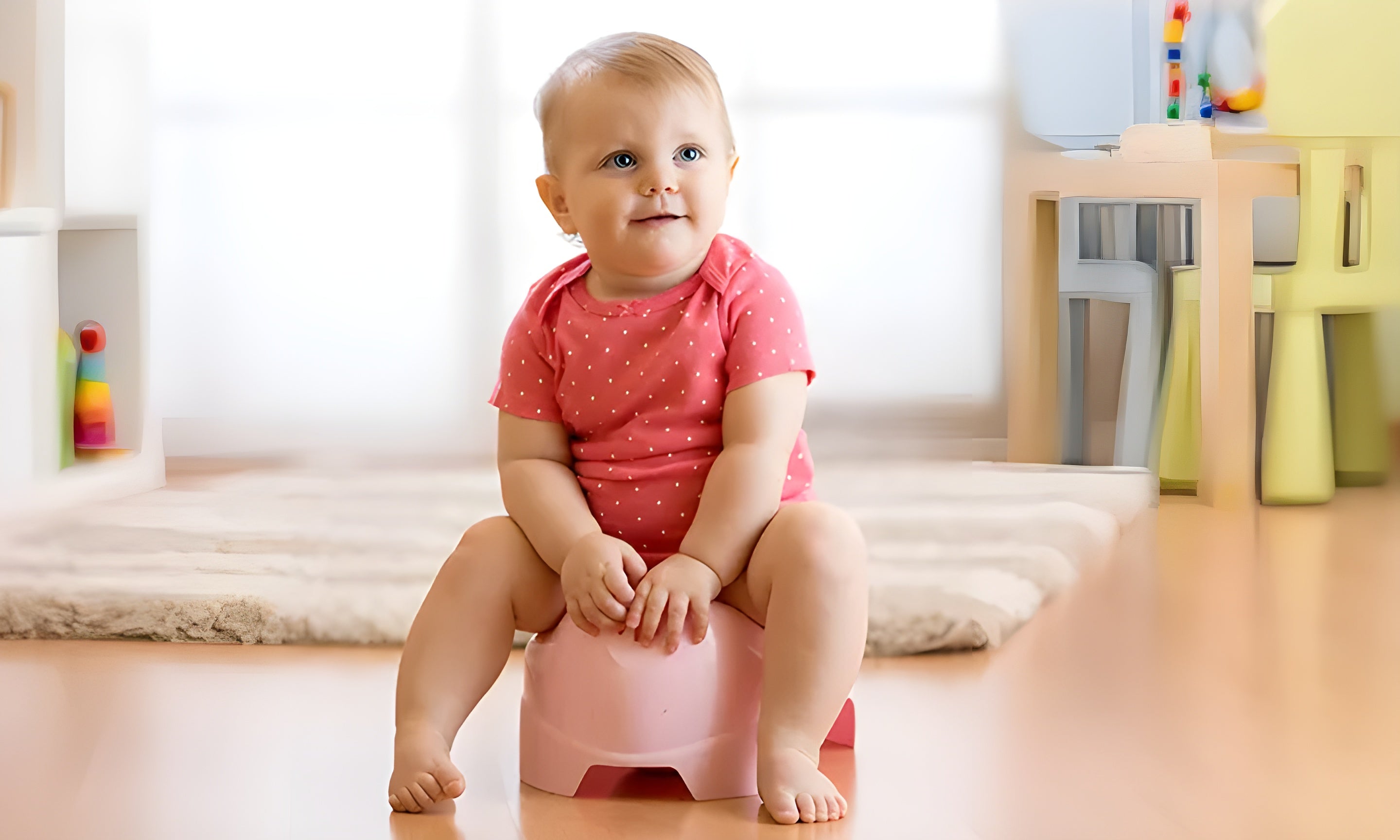Why do Babies cry at Night? The Ultimate Guide and Tips
When you're not sure why your baby is crying or how to calm them down, trying to get them to sleep again can be incredibly draining and frustrating. Both you and your baby need to sleep.
As highlighted by one of our insightful users, Manisha Thakar, it's important to recognize that all babies cry at various points, and this is perfectly normal. This insight serves as a valuable reminder for parents, acknowledging that occasional crying is not only common but also an integral part of a baby's communication and developmental journey.

Babies typically cry at night for two reasons: they're hungry or they need to change their diapers. They may be uncomfortable or ill for other reasons. Finding out why your baby is crying may be made easier if you are aware of potential discomforts or reasons behind it.
Babies may cry for a variety of reasons, especially at night:
Hunger
Young babies have small stomachs and therefore require frequent feedings. Newborns' sleep patterns don't really change from day to night, and they wake up for food just as frequently during the night as they do during the day.

Trapped wind
It may take some help for your baby to release trapped wind. As they feed, babies can experience discomfort when they swallow air. During feeding, try to keep your baby upright or sit them down to prevent this from happening.
Teething
Babies may also cry because they are teething. It can occur at any point in your baby's first year of life, but it typically begins at six months of age. Babies that are teething may experience pain, distress, and fever, which can cause them to cry and keep them awake at night.
Reflux or spitting up
Your baby may have hiccups and bring up milk after a feeding if they have reflux. Additionally, this might keep them up at night, especially after a meal.
Colic
Your baby may have colic if they are generally healthy but cry uncontrollably at night, for more than three hours per day, and for at least three days per week. Up to 1 in 5 babies may experience colic. Although the exact cause is unknown, bowel cramps or other stomach discomfort are probably to blame.

Constipation
Babies suffering from constipation may cry, but this usually stops after they pass gas. Babies who are fed formula have a higher chance of constipation. Constipated babies cry, become agitated, or feel pain before they poop; they also have hard, dry pellet-like poop in their diapers that is difficult to pass; they also have a hard tummy and smell like gas.
Illness
Your baby may cry more than usual if they are feeling unwell due to an infection or pain. They may also be sick if they show additional symptoms, such as a fever.

As echoed by our esteemed experts, it's imperative to recognize that all babies exhibit crying behavior as a fundamental aspect of their development.
Do not worry, it is normal for babies to be crying. You just need to find out why the baby is crying to ensure you and your baby can have a sound sleep. We are here with you on this journey.
Here is what experts say:
https://www.reidhealth.org/blog/baby-crying-at-night-normal-or-cause-for-concern
Stay connected with us for the latest updates and valuable insights. Follow us on Instagram for more information: @safehugskidswear.
Find one stop solution to all your parenting problems here. Your journey with us is just the beginning and we’re excited to share it with you!
Happy Parenting !!































